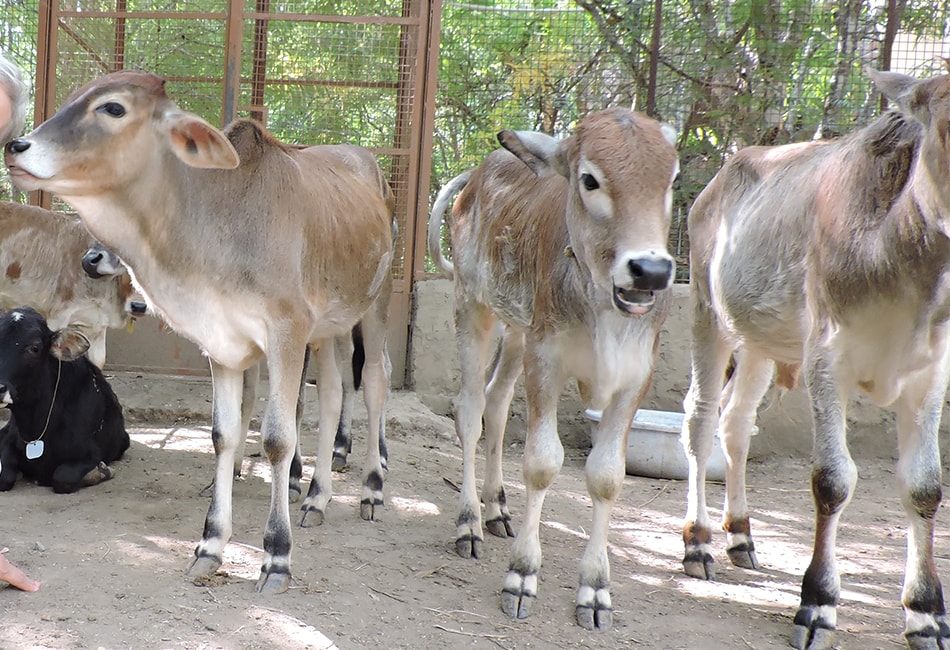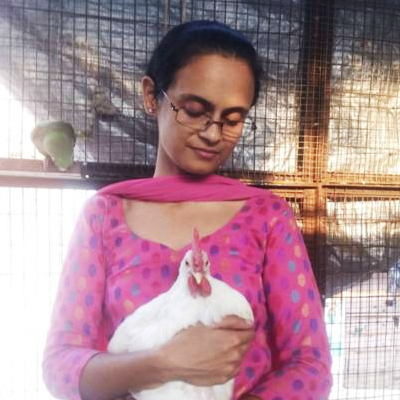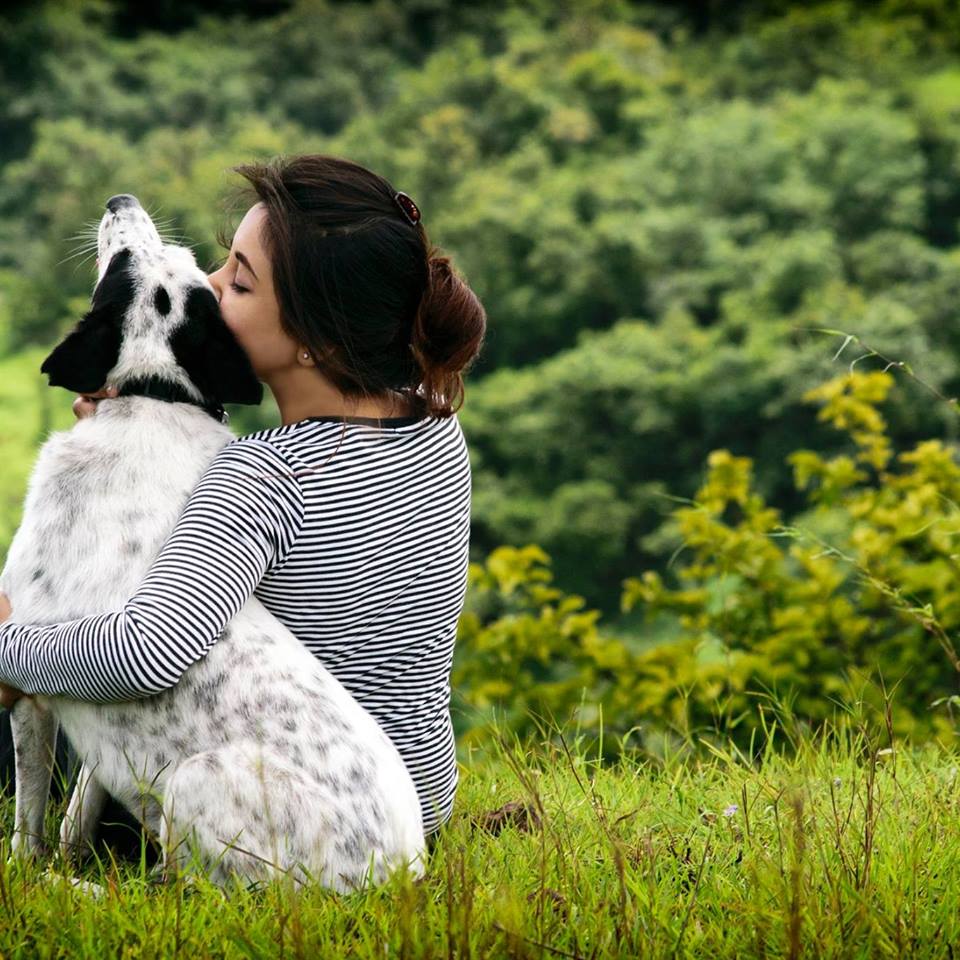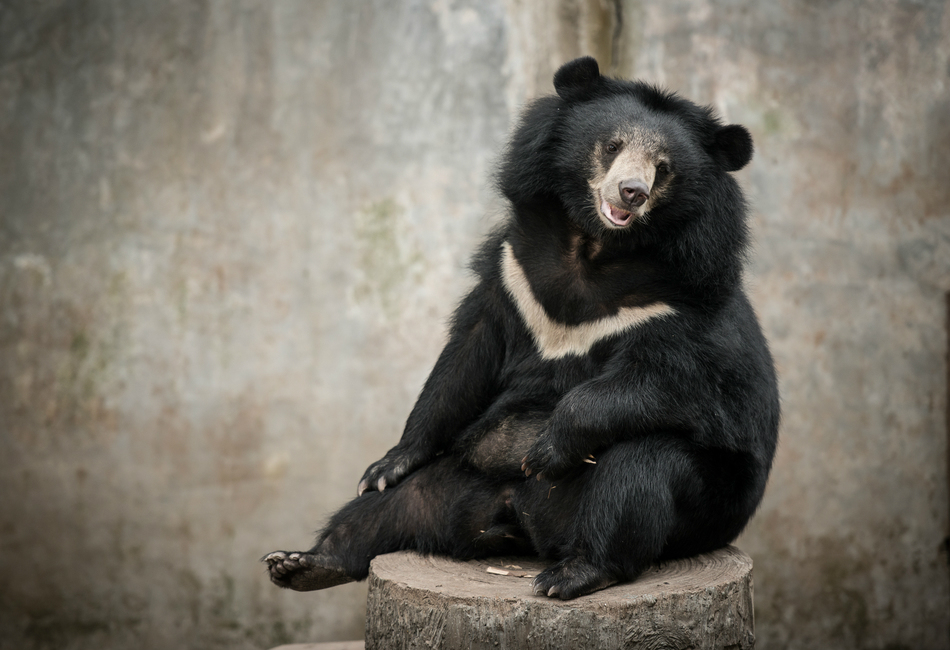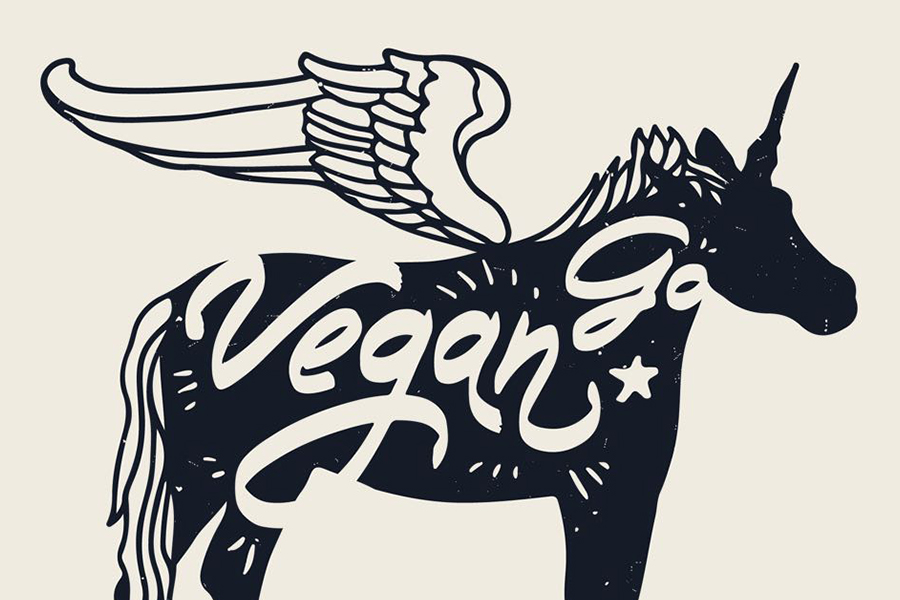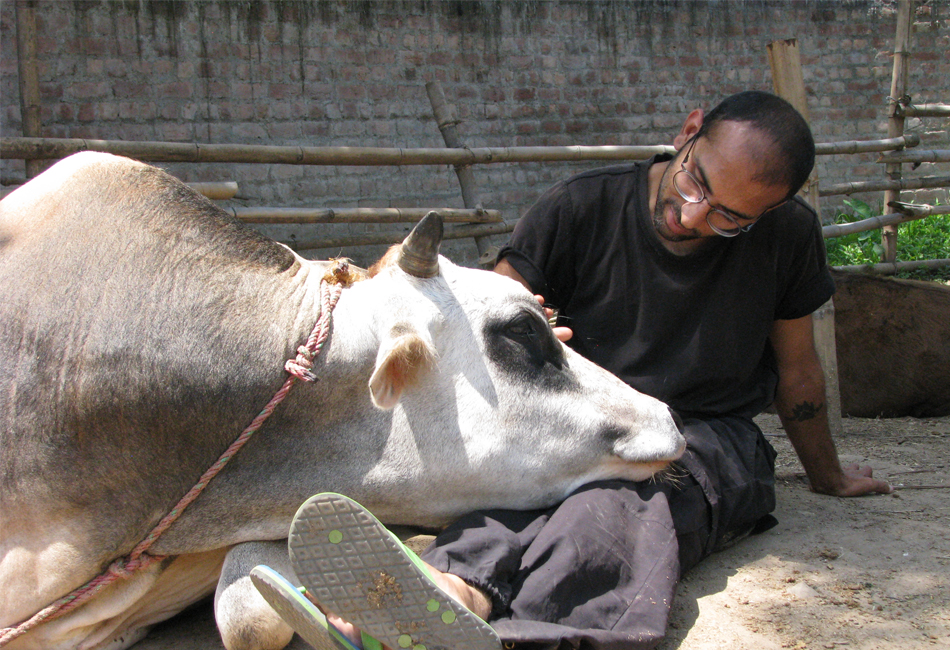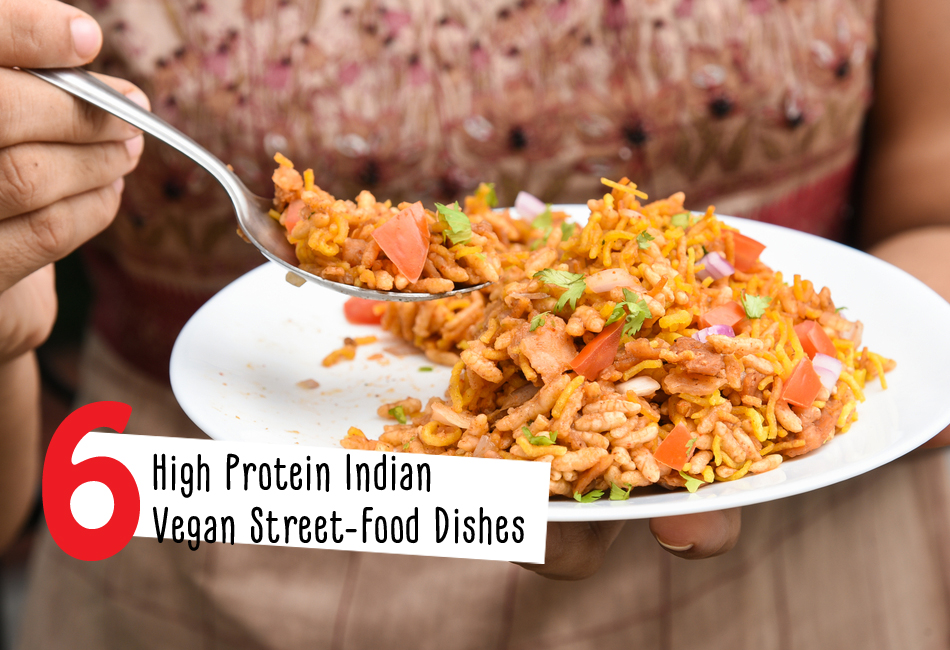Download Free Vegan Starter Kit -
_(4)5.png)
‘Think like a Vegan’ By Emilia Leese and Eva Charalambides is an eye-opener about vegan ethics
December 22nd, 2022
In a world where veganism is a growing lifestyle choice, meat eaters often crave a deeper insight to the vegan way of life. To serve this end and also spell out the ways in which animal rights must be upheld, Emilia Leese and Eva J. Charalambides who write essays on life, travel and veganism have released a book. ‘Think like a Vegan’ shares thought-provoking articles and exercises demonstrating how vegan ethics can enhance everyone's quality of life. The book examines what it means to be a vegan and the fundamental ethical principles that underpin it. Read on for a closer look at the revelations made by the literary masterpiece.
The essay sketches out the core theme of veganism
The introductory essay lays out the core ideas. These ideas recur throughout the book, from the definition of veganism through speciesism and the fundamental issue of use. The authors also discuss living as a vegan in a non-vegan society, making the best of that reality while acknowledging the connections between injustice and a duty to reject all discrimination.
Their writings prove that vegans can live a normal life
Despite popular belief, many people may not instantly recognise a vegan. Age, size, colour, religion, sexual preference, gender identity, socioeconomic status, degree of education, sense of style, physical prowess, place of residence, politics, and any other variation within our human family are all represented among vegans. Very few people are born vegans. They explain how the majority of people have not been vegan for all or even a large portion of their lives. Some objected to the notion of vegetarianism or repeatedly rejected the ideas.
All vegans share one thing in common: they all experienced a turning point in their relationship to animals when a concept, realisation, or argument supporting veganism really connected with them.
They discard speciesism of any kind
The idea that people are superior to other creatures is known as speciesism. The vast majority of people currently accept this idea as the norm. The manifestation of speciesism is when we treat animals like objects and use them for a variety of purposes, principally as food. The most overt example of speciesism is the way we use animals for food and clothes. Vegans therefore try to avoid using animals in any way, whether it is for food, clothing, entertainment, or any other reason. Therefore, vegans abstain from eating fish, insects, mollusks, eggs, dairy, cheese, honey, riding horses, going to zoos, and wearing leather, wool, or silk.
The book explains how vegans reject speciesism and place animals on a same moral footing with people in terms of basic rights like the right to life and the right to be free from being owned as someone else's property. This is based on the fundamental principle that everyone should be treated morally equally unless there is a morally compelling argument to the contrary!
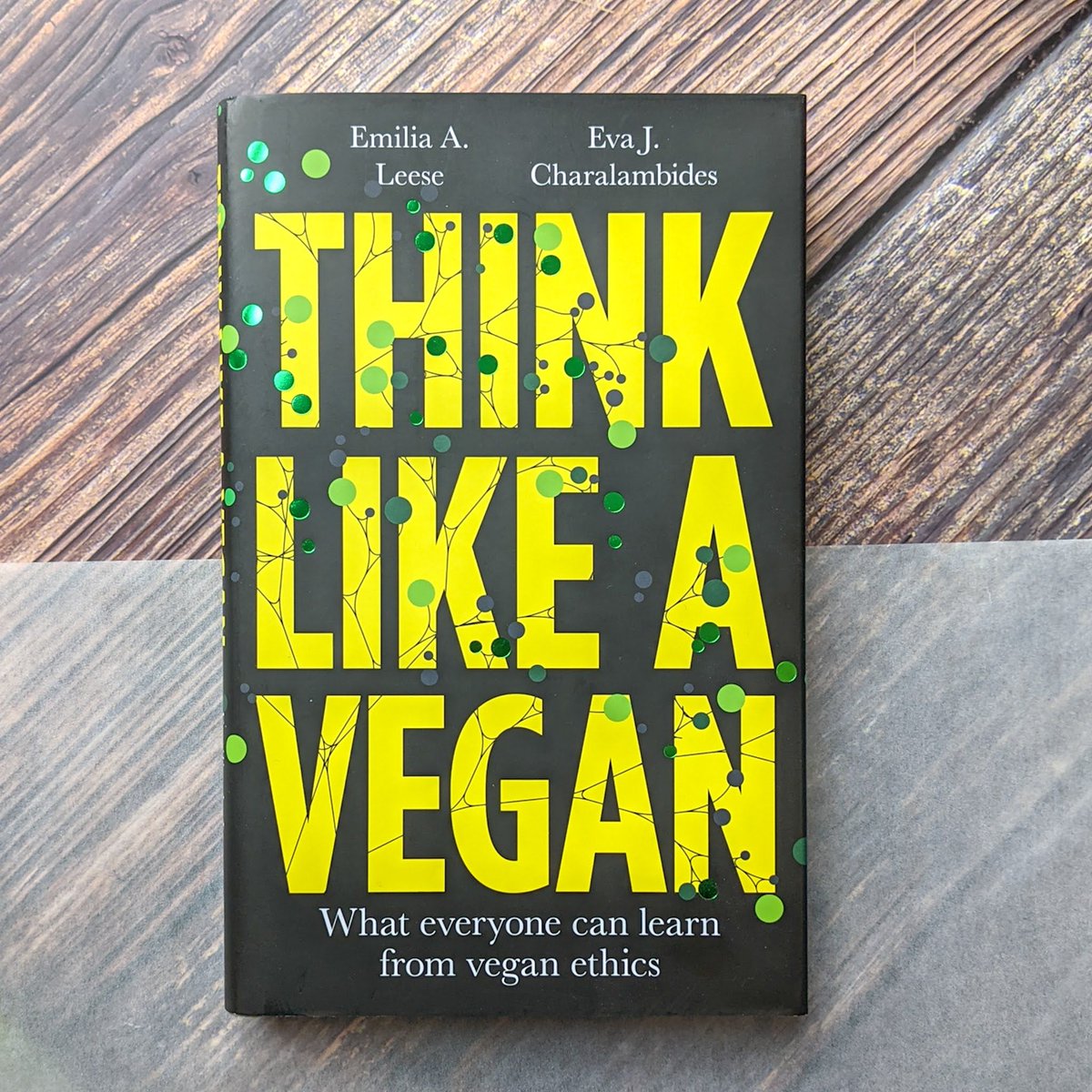
Image Source: Twitter
It probes the reality of how non-human and human creatures differ from one another
If you consider the bigger picture, all of us are members of the animal world, however many non-human animal species have evolved more recently than humans. Simply put, humans and all other animals are not things. We define consciousness as the will to live. And every species exhibits this need in their own unique manner. For instance, they speak of how one animal might be more intellectual than a three-year-old human, while one animal might not be intelligent at all. Although one may be adorable and the other less so, these differences are not necessarily ethically significant.
These justifications do not dictate whether an animal should give up its life. Unless there is a morally important reason to justify treating animals differently, we are all sentient and owe them the same moral respect, explain the authors.
The book makes a strong case for how animal rights must be upheld
The authors state that if people have different needs, wants, fears, abilities, intelligence, skills, social habits, or emotions, we do not deny them fundamental human rights. But when it comes to non-human animals, we frequently disregard the idea of equal moral treatment. We deprive them of their basic right to life. Since mankind first started keeping animals for domestication at least 10,000 years ago, this has been the current and universal reality. The widespread usage of animals does not imply that this is our sole option. When it comes to fundamental rights, we have no reason to treat animals differently morally! We use animals because we enjoy eating, wearing, and using them, which is arbitrary and self-serving. Even though we don't need to, we like enjoying their services or their bodies. In general, we are also averse to change, utilising tradition and history as justifications for a range of actions, particularly when involving animals.
Additionally, our laws make it simple to keep using them because all animals are implicitly or officially categorised as things, or property, that can be used by the state or their human owners according to their needs and preferences. The book elucidates how we need to unlearn these ideas and embrace a more harmonious way of life with all of the creatures on the planet.
AUTHOR

trending
Be a Vegan First Informer
Send us buzzworthy news and updates
Explore
Contact Us
About Us
Stay Connected
Copyright ⓒ 2017-2023. VEGAN PASSION PRIVATE LIMITED. All Rights reserved.
For more information, please write to hello@veganfirst.com
Registered Office Address: 55, 2nd floor, lane 2, Westend Marg, Saidullajab, Near Saket Metro Station, New Delhi, Gadaipur, New Delhi South West Delhi, DL

2.png)

.png)
.png)
2.png)
2.png)
2.png)


1.png)

